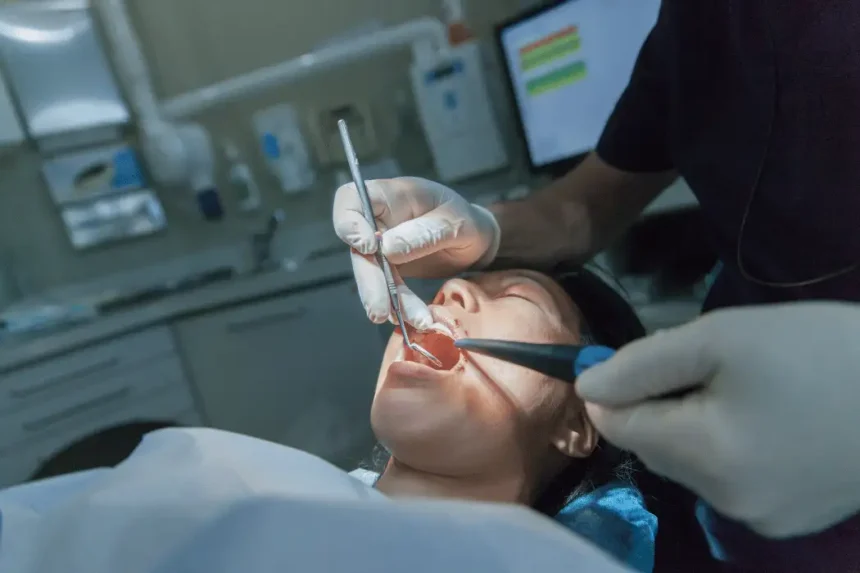Oral surgeons bring specialized skills to your dental care team, and they can perform a variety of complex dental treatments. They handle procedures that go beyond routine check-ups and fillings. When you face a complex dental issue, your general dentist refers you to them for help. Here is more information about the role of oral surgeons in complex dental situations:
Dental Implants
You might need a permanent solution for missing teeth. While dental implants act as artificial roots for new teeth, they require precise placement in the jawbone. The surgeon typically evaluates your bone density before starting the procedure, so the implant remains stable.
Sometimes the jawbone lacks the necessary volume for immediate placement. The surgeon performs a bone graft to strengthen the area, creating a solid foundation. Recovery takes time, but the result provides a lasting, functional replacement for natural teeth.
With proper planning, you can determine the success of your implant process. The surgeon uses advanced imaging, and this helps them to map the nerves and sinuses. You receive a detailed treatment plan that outlines every step of the process. Regular follow-up appointments help to make sure that the implant remains healthy and functions as intended.
Complex Extractions
Routine tooth removal is simple, but impacted teeth present a unique challenge. Because they lack adequate room to emerge, wisdom teeth may become trapped beneath the gum line. The surgeon carefully removes the gum tissue to access the tooth.
Other teeth might break below the gum line due to trauma or decay. An oral surgeon extracts these fragments without damaging the surrounding bone or nerves. This precision may help you heal faster and reduce postoperative discomfort.
Oral Cancer Treatment
Early detection can minimize risks. Oral surgeons perform biopsies on suspicious lesions to determine if they are cancerous or benign. If the results show cancer, the surgeon works with oncologists to remove the tumor safely.
Reconstructive surgery typically follows the removal of oral cancer. The surgeon rebuilds the affected area using tissue from other parts of your body. You typically regain function and appearance through these skilled restorative procedures.
Corrective Jaw Surgery
Misaligned jaws cause problems with chewing, speaking, and breathing. Corrective jaw surgery, or orthognathic surgery, aligns the upper and lower jaws for better function. Your orthodontist and oral surgeon typically work together to prepare your teeth and jaws for this change. The benefits of this surgery may include:
- Improved biting and chewing ability.
- Reduced chronic jaw or joint pain.
- Better speech clarity.
- Balanced facial appearance.
You will typically wear braces before and after the surgery to guide your teeth into position. The surgeon cuts and moves the jawbones during the operation. Recovery involves a strict diet, but the improvement in your daily life is a factor.
Visit an Oral Surgeon
You may require expert care for complex dental needs. An oral surgeon provides the specialized skills required for these advanced procedures, and they prioritize your safety throughout treatment. To schedule your consultation and start your journey toward better oral health, contact a dentist and medical spa today.









